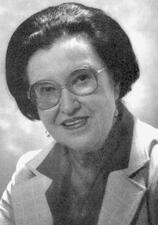Science: Physics
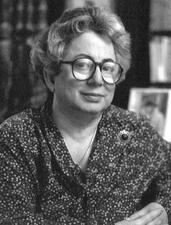
Fay Ajzenberg-Selove
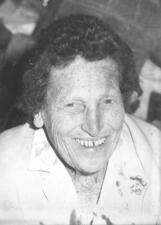
Tikvah Alper
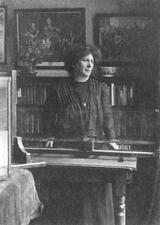
Hertha Ayrton
Hertha Ayrton was a distinguished British scientist who was the first woman to receive the Hughes Medal of the Royal Society for a scientific work that was exclusively her own. She was committed to suffrage activism and ensuring proper recognition of women’s scientific work.
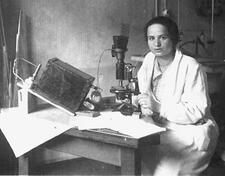
Marietta Blau
German physicist Marietta Blau joined the Institut für Radiumforschung, where she developed an emulsion technique for recording the tracks of particles that allowed her to detect neutrons and observe nuclear disintegration caused by cosmic rays. Forced to emigrate in 1938, worked for the US Atomic Energy Commission and later taught at the University of Miami. Throughout her career, she faced discrimination for her religion and gender and was denied paid work.
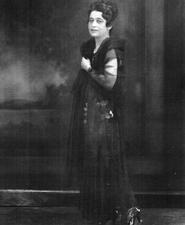
Mirra Burovsky-Eitingon
Mirra Burovsky was the first Jewish actress to star in the mainstream Russian theater. Her stormy life and career brought her to center stage of Jewish cultural, intellectual, and social ferment in Tsarist and revolutionary Russia, Weimar Germany, and mandatory Palestine. Her third marriage, to psychoanalytist Max Eitingon, and the career of her son Yuli Khariton, “the father of the Soviet atomic bomb,” created the background for a continuing espionage controversy.
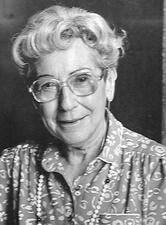
Mildred Cohn
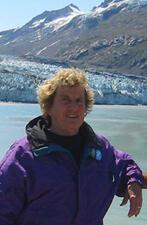
Joan Feynman
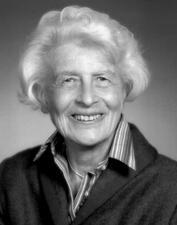
Gertrude Scharff Goldhaber
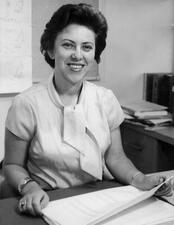
Sulamith Goldhaber
Sulamith Goldhaber’s family immigrated from Vienna to Palestine, and Goldhaber later moved to the United States to complete her education and begin her career. Her pioneering work with particle accelerators put her at the forefront of a seismic shift in the research of particle physics. She was also renowned for her work concerning nuclear emulsions.
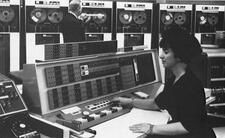
Joyce Jacobson Kaufman
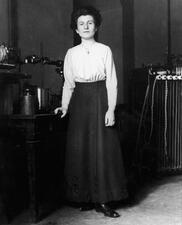
Hedwig Kohn
Born in Breslau, Hedwig Kohn was one of the early woman pioneers in physics. After a narrow escape from Nazi Germany, she went on to teach at Wellesley College and pursue independent research at Duke University in the field of flame spectroscopy, measuring absorption features of atomic species in flames.
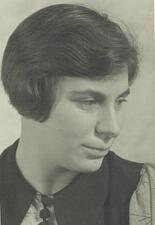
Hilde Levi
Hilde Levi was an exceptional physicist who worked first in Germany and later in Denmark, where she became a prominent researcher. She belonged to the second generation of women scientists in Germany, who were able to participate on a relatively equal basis in scientific institutions and in academia.
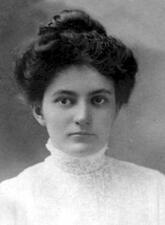
Lillian R. Lieber
Frustrated with the way math is taught in schools, Lillian R. Lieber created unconventional, popular books to excite young readers and incite their curiosity.
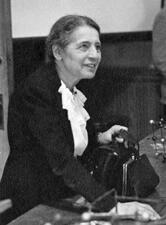
Lise Meitner
Lise Meitner’s influential work concerning radioactivity in the early 20th century made her a target of the Nazis. She fled to Sweden in 1938, and it was there that she discovered the power of the fission reaction. Even though Meitner never worked on nuclear weapons, her 1939 research was essential in the research of nuclear power.
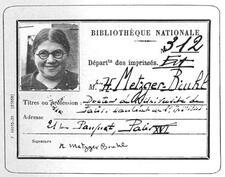
Hélène Metzger
Hélène Metzger was a French historian of chemistry and a philosopher of science, whose work remains influential today. Her independence and drive brought her great recognition, despite the lack of credibility given to her as a woman.
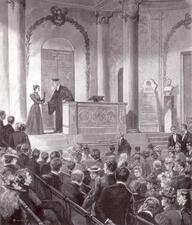
Elsa Neumann
Elsa Neumann was the first woman to receive a doctoral degree from the University of Berlin. She became prominent in Berlin’s scientific community, carrying out research for the newly established airship industry. In 1900 Neumann established a highly successful association that gave grants to female students.
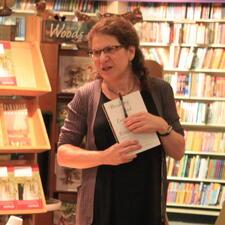
Eileen Pollack
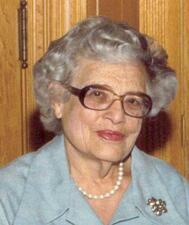
Mattie Rotenberg
The first woman and the first Jew to be granted a doctorate in physics at the University of Toronto, Mattie Rotenberg also founded Toronto’s first Jewish day school in 1929 to educate her five children. She went on to embark upon a successful second career in journalism.
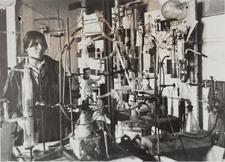
Maria Anna Schirmann
Maria Anna Schirmann, a distinguished Viennese physicist, was unable to escape persecution by the Nazis and immigrate to the United States. Double discrimination against her as a Jew and a woman prevented her from obtaining an American university position and sealed her fate.
Science in Israel
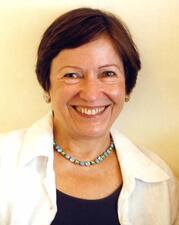
Ruth Sperling
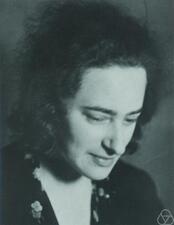
Olga Taussky-Todd
A self-proclaimed “torchbearer for matrix theory,” Olga Taussky-Todd made the previously little-known field essential for scientists and mathematicians.
